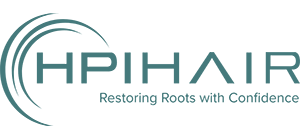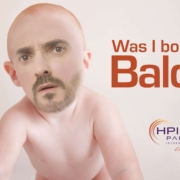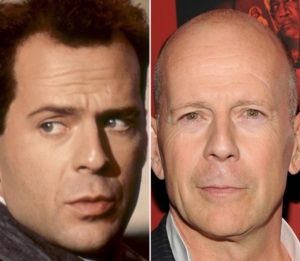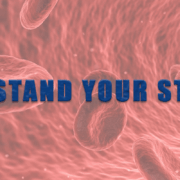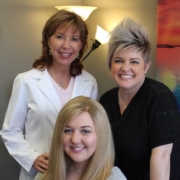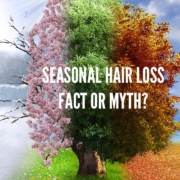Was I born bald?
Was I Born Bald????
Hair loss and thinning hair are conditions that are not all equal country to country.
If you are a male living in the Czech Republic, you have a 42.7% chance of going bald. The United States ranks 6th behind the United Kingdom for bald men.
If you want to keep your locks, hop the next flight to Japan, or Hong Kong! Sounds great to me since sushi and Asian cuisine is my all-time favorite.
You are not alone! Julius Caesar hid a receding hairline beneath that crown of olive leaves, and Napoleon rushed into battle with a comb-over.
Of course, plenty of our country’s forefathers donned powdered wigs to cover patchy hair loss (theirs brought on by a syphilis outbreak), and presidents John Adams, John Quincy Adams, Martin Van Buren, and Dwight Eisenhower, among others, had less than a full head of hair.
Even modern-day pop culture has enlisted many a chrome dome into its ranks — here’s looking at you, Bruce Willis, Jude Law, Mathew McConaughey, Sir Elton, and the list goes on!
If you’re balding, to say you’re not alone with this problem is no overstatement. A reported 70 percent of men will be affected by hair loss during their lifetime. Many times, balding is a natural part of the aging process, but certainly not always.
Since the problem of baldness goes so far back, it can be difficult to understand why there’s not yet a cure for it.
Fortunately, there are numerous treatments that are proven effective for thinning hair and hair loss. Hair growth is possible, and the hair loss gene can be turned around with work and commitment.
Educate yourself, do not believe ONE solution (other than transplants) will do the trick!
Check out the HPIHair FAQs or call (615) 662-8722 today!
